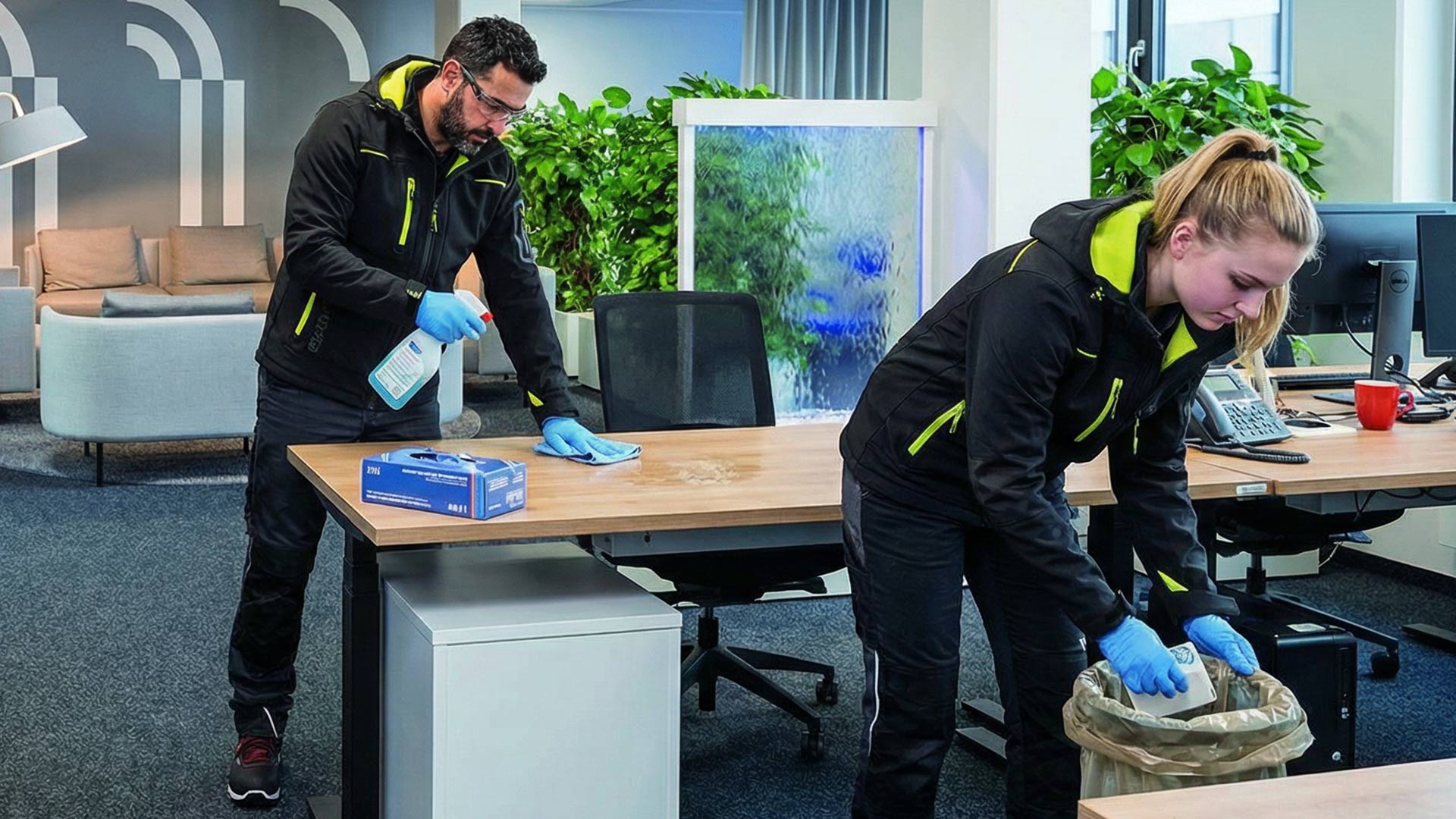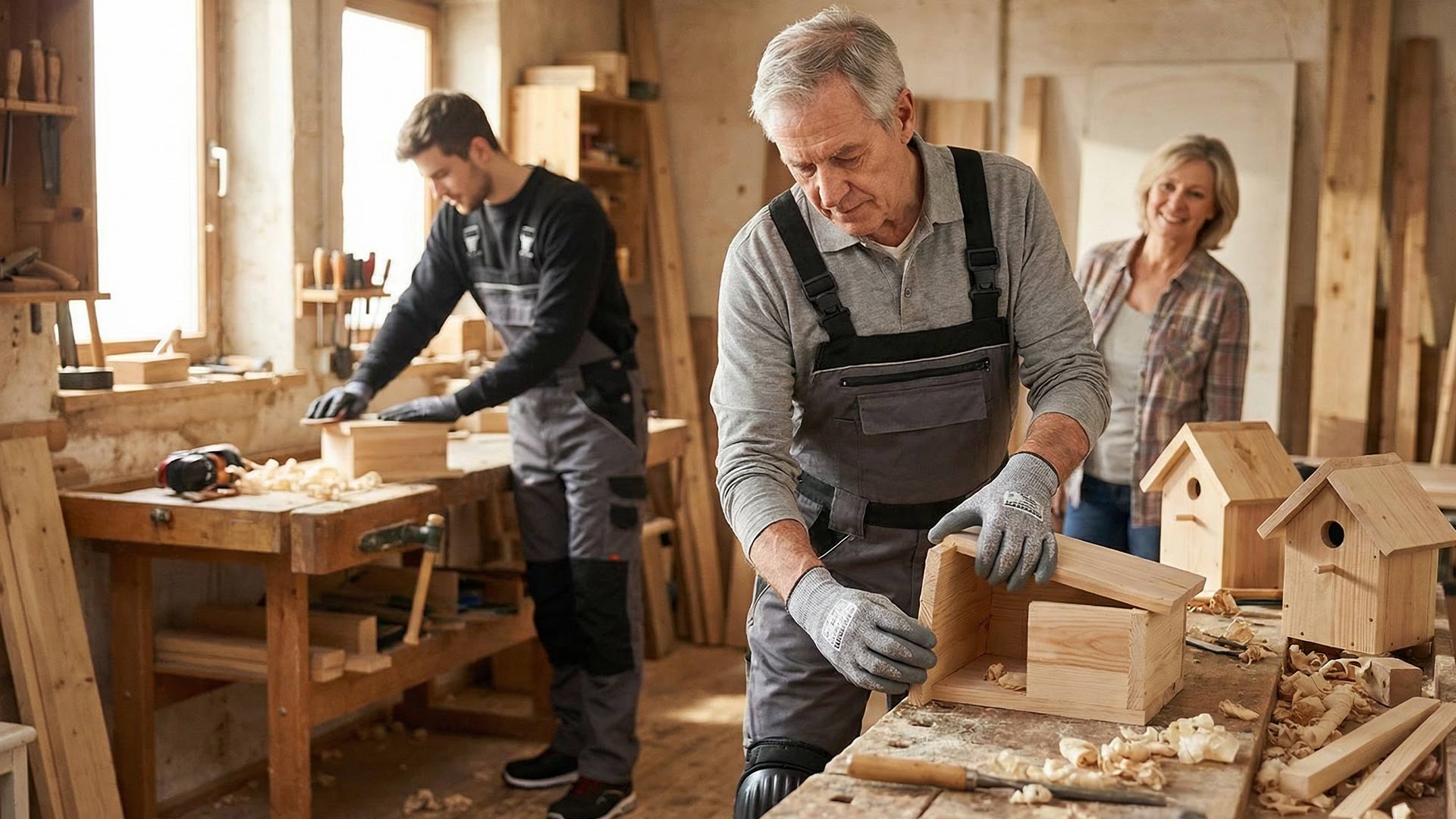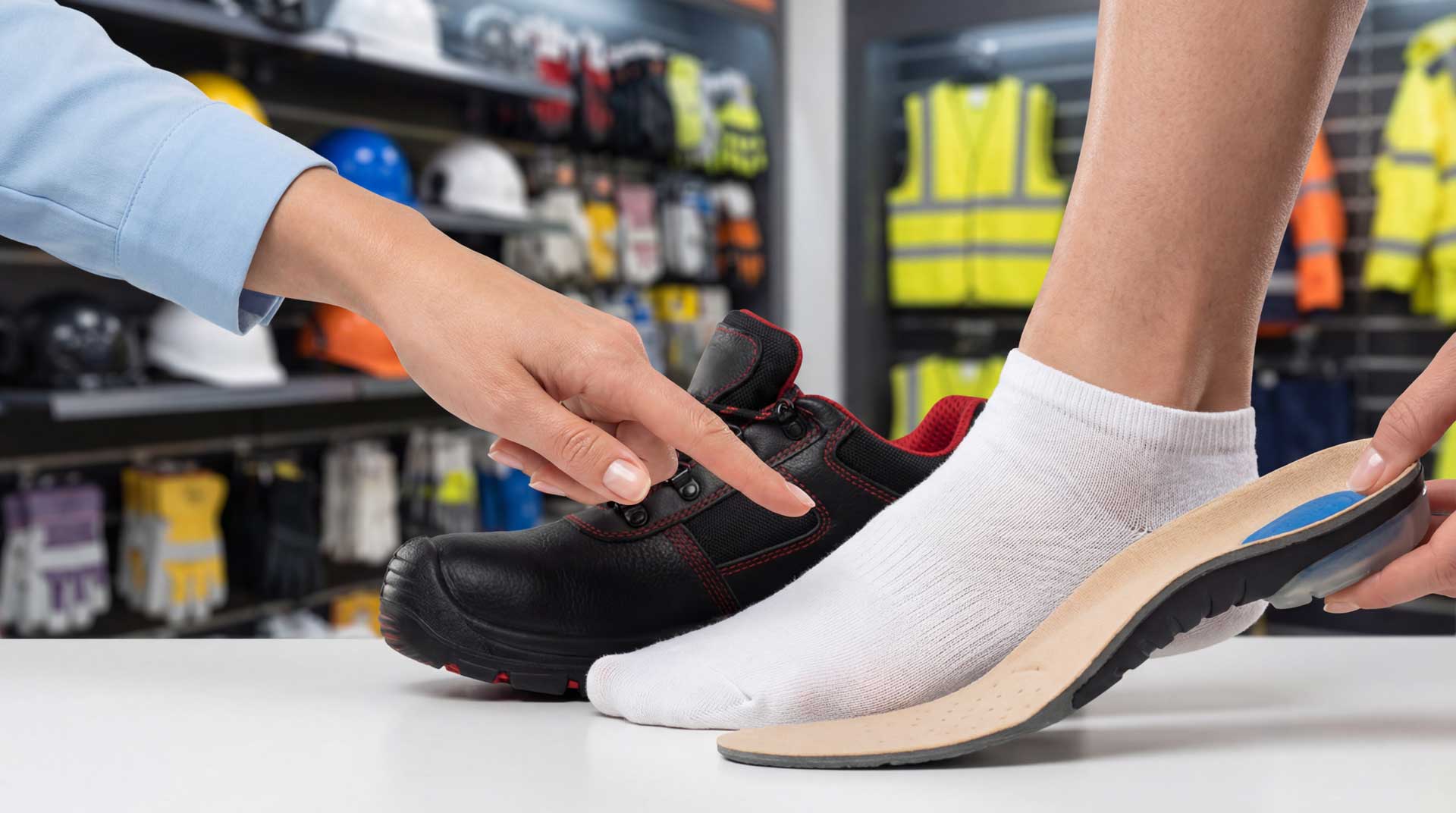At the moment, there is a lot of talk about the SARS-CoV-2 test. But what exactly happens during a SARS-CoV-2 test? There are some differences between PCR tests, self-tests and rapid antigen tests. That's why we, as the protection professionals, want to give all readers a good overview and comparability.
The PCR test for SARS-CoV-2
Among the SARS-CoV-2 tests, the PCR test is also often referred to as the "gold standard". The sample is taken here by medical staff and the evaluation is carried out by a laboratory.
The self-test for SARS-CoV-2
The self-tests are so called because any person can perform this test themselves, without medical instruction or prior knowledge. These tests are often done by taking saliva or nasal swabs. These tests are checked by the Federal Institute for Drugs and Medical Devices and then released as a layman's test with a special permit. The tests, which have currently been released as lay tests, can be accessed via this link: www.bfarm.de
Anyone who has tested themselves at home and received a positive result should make an appointment with their family doctor or call 116 117 to be tested with a PCR test.
The rapid antigen test for SARS-CoV-2
These rapid tests should be carried out by trained personnel, as they require a nasal or throat swab and the evaluation takes place directly on site. This often happens in doctors' offices or at public testing sites.
Note: Since March 8, every person has been entitled to at least one rapid antigen test for SARS-CoV-2 per week.
Rapid antigen tests are currently being used in nursing homes, hospitals or schools to regularly test staff or residents.
Who pays for the tests for SARS-CoV-2
Since the federal government has secured contingents of the tests from the various manufacturers, the federal states are now free to decide how many tests are procured for schools, rehabilitation centers, doctors' offices, nursing homes, etc. The estimated 18 euros per test and implementation will thus be covered by the federal states.
If companies or businesses want to carry out tests independently, the costs must be borne by themselves. In addition to the tests to which they are entitled, fellow citizens can of course also procure their own tests. It should be noted that this is an approved lay test.
IMPORTANT: If you want to be reimbursed for these tests, you should first check the list of medical devices to find out whether the costs are covered.
>> Federal Institute for Drugs and Medical Devices (BfArM) <<
Source: Federal Ministry of Health



